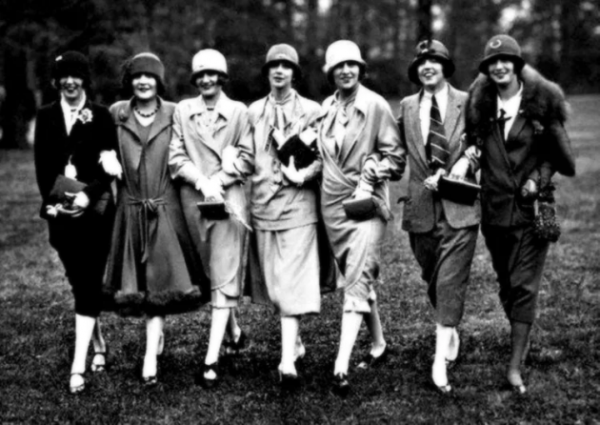
Today marks the sixth of January, traditionally celebrated as Little Christmas, Women’s Christmas or Nollaig na mBan. You may remember your mam shouting at you to make your own dinner or being expected to pick up some extra slack on this day, and rightly so! This uniquely Irish custom originated in the South West of Ireland, down around Cork, Kerry and Dingle and the tradition soon spread throughout the country.
The sixth of January is believed by many to be the twelfth day of Christmas and on this day, women were expected to rest, with the usual domestic roles reversed, which saw the men doing the cleaning, cooking and childcare. Women usually made social calls on this day to friends’ houses and stopped in for tea and cake.
It is considered very unlucky to remove the Christmas tree and decorations before January sixth, a practice many today still believe in. There are many other customs associated with Little Christmas that were in place around the country, such as rubbing a herring across your children’s eyes on the day, to protect them from disease for one year. Another unusual belief for people, was that on the stroke of midnight on the sixth, well water would turn into wine, but not a soul was allowed out to watch this magical act happen or try to drink the water or they would bring terrible luck upon themselves. With the recent rise in alcohol pricing, I wouldn’t be surprised if the current government came up with that one.
Many have felt that Women’s Christmas was a sexist tradition. Specifically in reference to the fact that the fresh plentiful feasting food from (Men’s) Christmas day, was scarce by the sixth of January. What remained was only the leftovers for the women, if there were any left at all! There was even a phrase associated with this fact, “Nollaig na mBan, Nollaig gan mhaith”, meaning Women’s Christmas, no good Christmas referring to the lack of supplies.
Women’s Christmas has also been associated with the foretelling of death. On this day, a cake made of mud and clay would be shaped and candles would be stuck on the top of it, one for every member of a household. The candles were lit and whichever candle burned out the fastest would be the first to die. After this the family would then pray very seriously to try and ward off the divination’s predictions.
The day has gone through a capitalist revival in modern times, with many hotels and restaurants hosting Women’s Christmas events and special offers and you know what? There’s absolutely no harm in treating yourselves ladies, you absolutely deserve it! Happy Nollaig na mBan.



